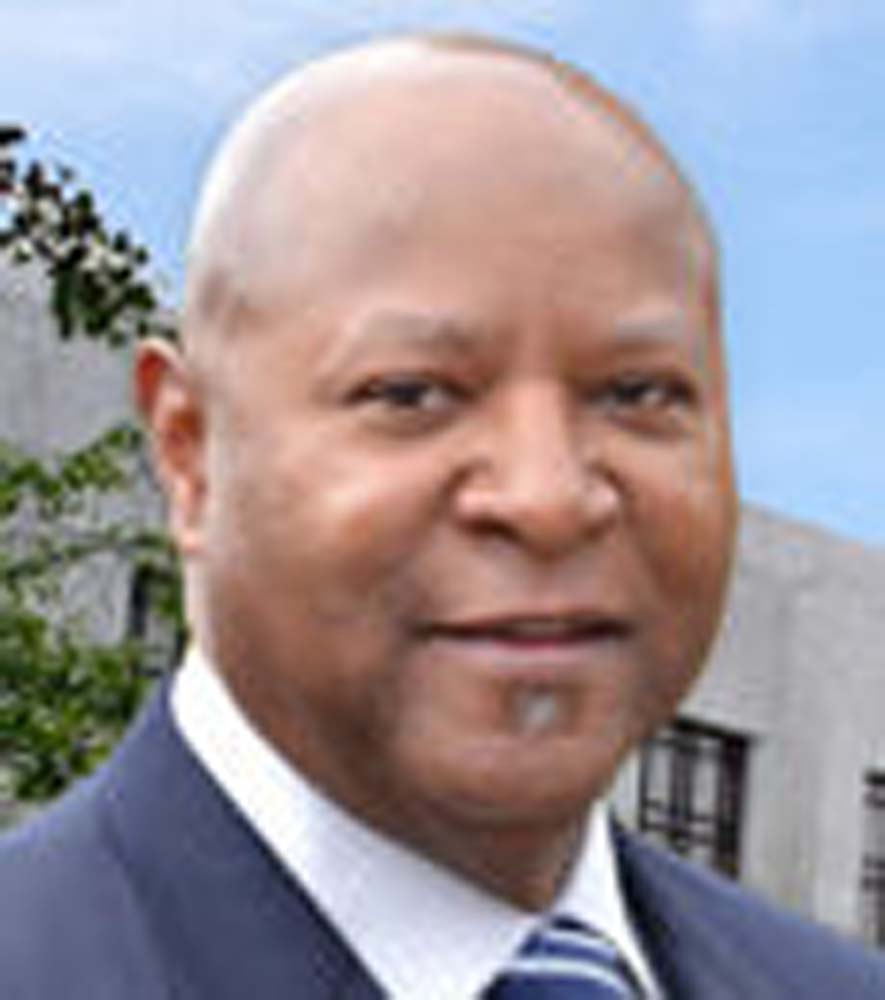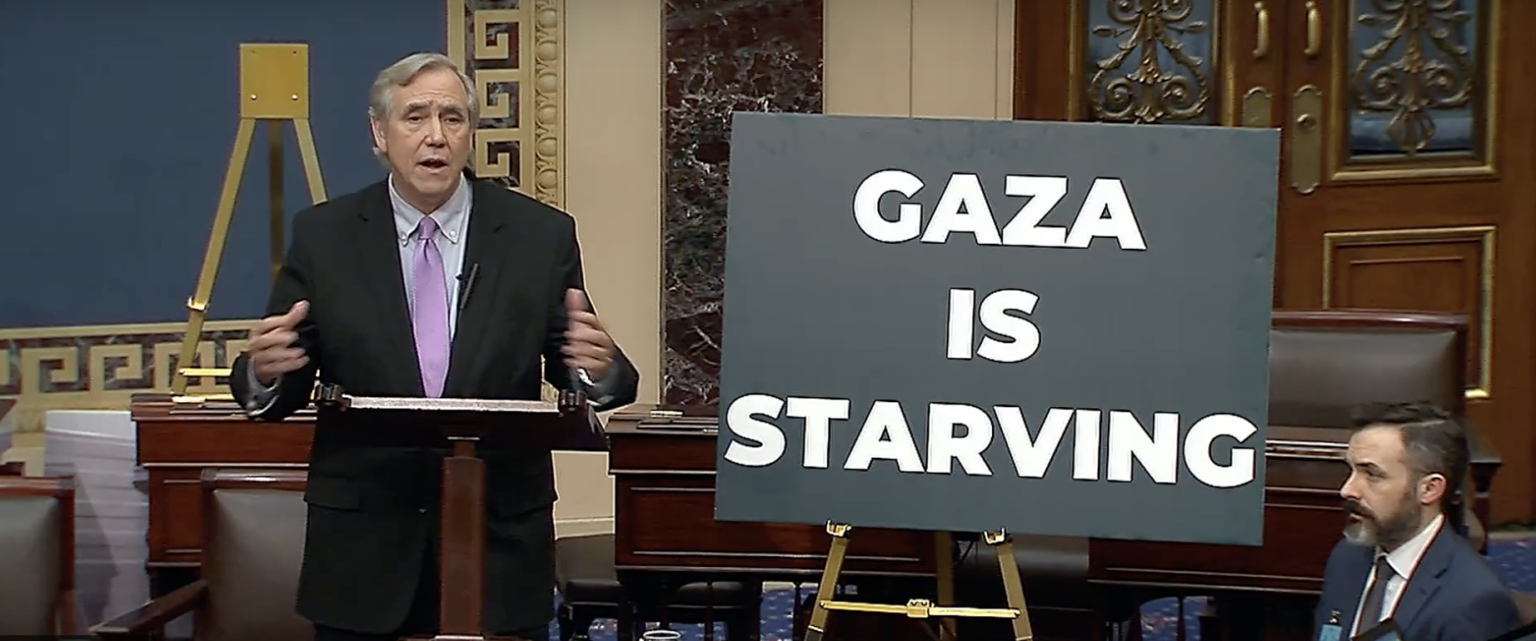Senator James Manning makes his case for Oregon secretary of state
Published 6:00 pm Sunday, September 24, 2023

- State Sen. James Manning Jr. of Eugene has announced he will seek the Democratic nomination for Oregon secretary of state in the May 21 primary.
EUGENE — When James Manning Jr. began his campaign for Oregon secretary of state, he chose the Mims House for his appearance in Eugene.
Trending
The selection was more than symbolic for Manning, a state senator from Eugene for the past seven years who hopes to be the first person of color to win Oregon’s second-ranking constitutional office, next to the governorship.
“If there is anything our history has taught us, it tells us we must look with eyes wide open — acknowledging the past and striving for a diverse and equitable future for all Oregonians,” said Manning, who made Eugene his home starting in 2007, after 24 years of U.S. Army service.
“No one is more qualified than I am to do that at this time.”
Trending
While the 1857 Oregon Constitution barred slavery in the 33rd state, it also discouraged Blacks from becoming permanent residents — language that voters finally removed in 2022. Like many other Oregon cities before and after World War II, Eugene did not allow Blacks to stay as hotel guests. But C.B. and Annie Mims bought property in 1948 that not only served as their home, but allowed overnight stays by college athletes and entertainers such as Louis Armstrong, Nat King Cole, Ella Fitzgerald and Paul Robeson
Oregon passed a fair-housing law in 1959, and Congress passed a similar law in 1968.
The Mims House — actually two structures — is the headquarters of the Eugene-Springfield NAACP. The structures were planned for demolition in the 1970s, but were restored in the 1980s after preservation campaigns led to their listings by the city of Eugene and the National Trust for Historic Preservation.
Only two other Black candidates have won statewide office — Jim Hill of Salem as state treasurer in 1992 and 1996, and Adrienne Nelson of Clackamas County as an Oregon Supreme Court justice in 2018 after her initial appointment. Nelson is now a U.S. District Court judge in Portland after the Senate confirmed her appointment earlier this year.
Background
Manning, now 70, was appointed to the Senate seat vacated by the resignation of Democrat Chris Edwards. He has announced for the May 21 Democratic primary along with Tobias Read of Beaverton, who is barred by the Oregon Constitution from a third consecutive term as state treasurer. The filing deadline for the primary is 5 p.m. March 12. No Republican has announced yet.
If he loses, Manning will retain his Senate seat, whose term ends in 2026.
Manning was on the Oregon Commission on Black Affairs and the Eugene Police Commission before his Senate appointment. He had run for the Oregon House seat that Julie Fahey, now majority leader, won in 2016. He also was a small-claims mediator for Lane County Circuit Court, and he said only a handful of disputes he mediated ended up going to the court.
Though Manning is seeking Oregon’s second highest office, he said that unlike others, he sees it as a capstone to a career in public service. Of secretaries of state going back to 1956 and through 2020, four have become governor, four ran for governor but lost, and four did not try — although two were short-term appointees who did not seek full terms.
“It is not just a matter of taking it on as a steppingstone to another position,” he said. “It is about service — service to all Oregonians.”
Of the two most recent secretaries of state not counted above, Democrat Shemia Fagan resigned under pressure April 3 amid a conflict-of-interest scandal – she was a consultant for a cannabis company while the Audits Division was looking at state regulation of the cannabis industry – and appointed successor LaVonne Griffin-Valade said she is not a candidate in 2024.
Both Manning and Read said their campaigns will aim at restoring trust.
“Our next secretary of state will be under scrutiny. It is critical and crucial that the secretary of state works to ensure all Oregonians of the trust in that office. To do that, they must hold themselves to a higher standard,” Manning said.
“Trust is not something created in a day. It is earned over time by looking at the full measure of people’s values, actions and dedicated commitments they have made throughout their lives.
“My values have never changed. I pledge to the people of Oregon that they will never change. Values are what you grow up with when you have very little else.”
Manning has been Senate president pro tem since 2021, a position that puts him on the Senate leadership team, though its sole authority is to preside over the Senate when the president is absent. He guided 2023 legislation that directs universal health insurance coverage for Oregonians by 2027 — a panel will decide how that should be done — and he helped shape legislation banning firearms made with untraceable parts known as “ghost guns.”
A different role
Manning acknowledged that the secretary of state has a more limited role in state government. The official oversees elections, though elections are conducted by officials in Oregon’s 36 counties, plus audits and public records. Along with the governor and treasurer, the secretary of state also sits on the State Land Board.
“Everything I had planned for as a state senator, everything that I promised, I have delivered on. So I am comfortable with my record of achievement,” he said. “But I will not use my position as secretary of state to influence or force anyone to do anything.”
But Manning also said the secretary of state’s authority over audits gives that official a say in whether state programs work as the Legislature intended.
“The Audits Division of the secretary of state is uniquely positioned to provide oversight and accountability to that work — helping assess our progress, overcoming challenges and lifting up innovative solutions,” he said.
“In the Legislature, I have been part of passing major policies that put us on the right path and allocating billions of dollars to help us get there. None of these challenges will be solved by setting ambitious goals or making promises alone. It is up to our state and local governments, our nonprofit partners, and all of us to translate those plans into reality.”
The next secretary of state will have to implement another 2023 law that allows Oregon to use Medicaid/Oregon Health Plan records to register potential voters, much like the 2015 law that made Oregon the first state to do so with driver and motor vehicle records. Manning voted for the 2023 law.
“This bill would offer the same thing (as the 2015 law) to expand opportunities for Oregonians who are enrolled in the Oregon Health Plan to register to vote,” he said. “All personal (medical) records are not part of this. We want to ensure that more people are brought into our system who are eligible and entitled to vote.”
Other issues
Manning was more cautious about two other issues involving the secretary of state.
Five Republican senators have challenged an administrative rule by the secretary of state that bars them from seeking re-election in 2024 because they racked up 10 or more unexcused absences from Senate floor sessions during 2023. Voters in 2022 changed the Oregon Constitution with Measure 113 after Republican walkouts in 2019, 2020 and 2021.
The senators and the state seek to move that case directly to the Oregon Supreme Court; challenges to agency rules are usually heard first by the Oregon Court of Appeals.
“I’ll sit back and wait for what the court has to say about that before I can make a more informed comment on that,” Manning said, although it is probable that the lawsuit will be settled before the 2024 election.
Despite a 2020 ballot measure allowing the Legislature or voters to set limits on campaign contributions — an exception to the state constitutional guarantee of free expression — there has been no action. The secretary of state is the official who oversees campaign finance regulation.
“When you have a system where money buys your voters or your candidates, we have a problem,” Manning said. But he endorsed no specific proposals.
He also said the broader issue is shaped by the 2010 Citizens United decision by the U.S. Supreme Court, which held that campaign spending is equivalent to free speech under the U.S. Constitution. “It set the parameters for the problem we have right now,” he said.
pwong@pamplinmedia.com







